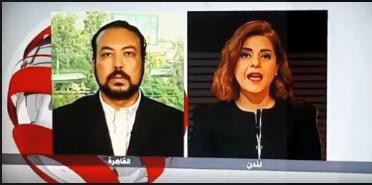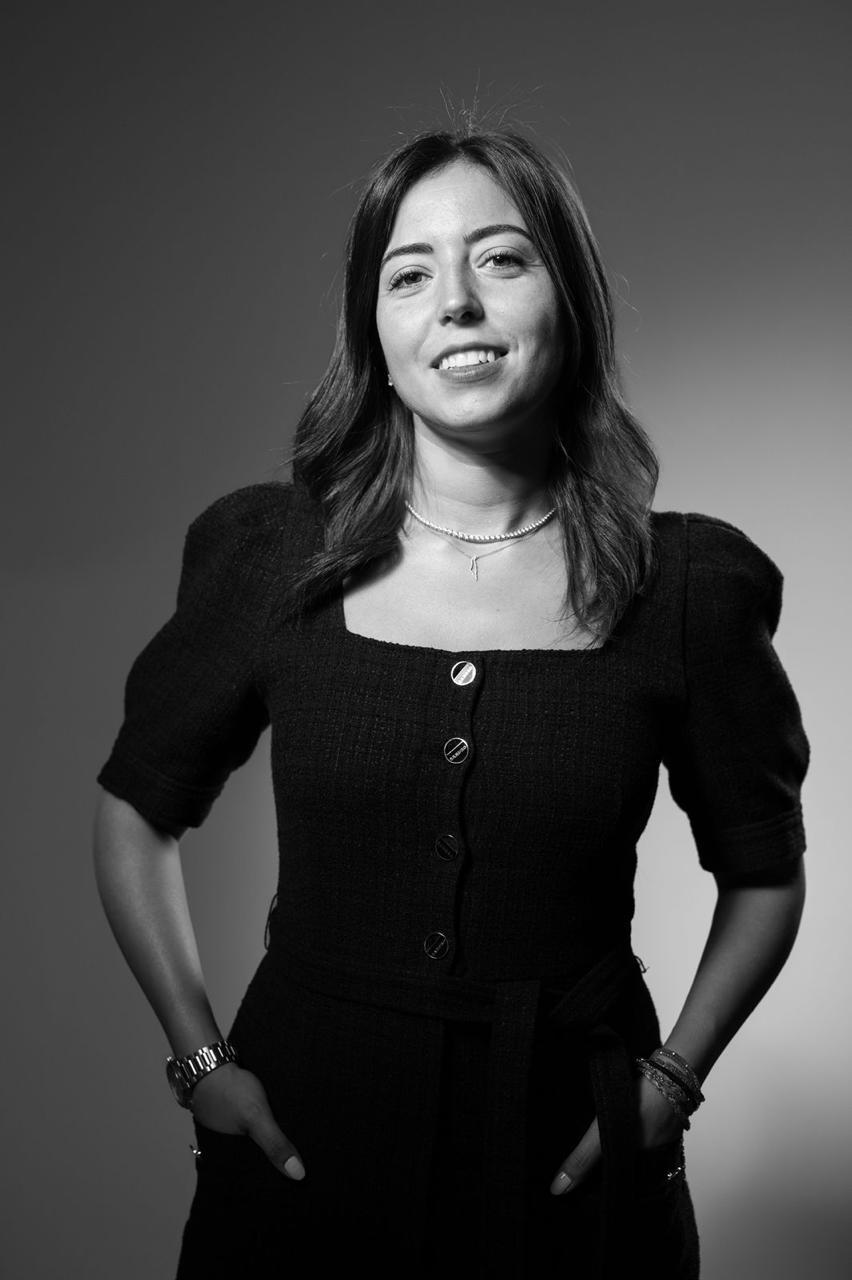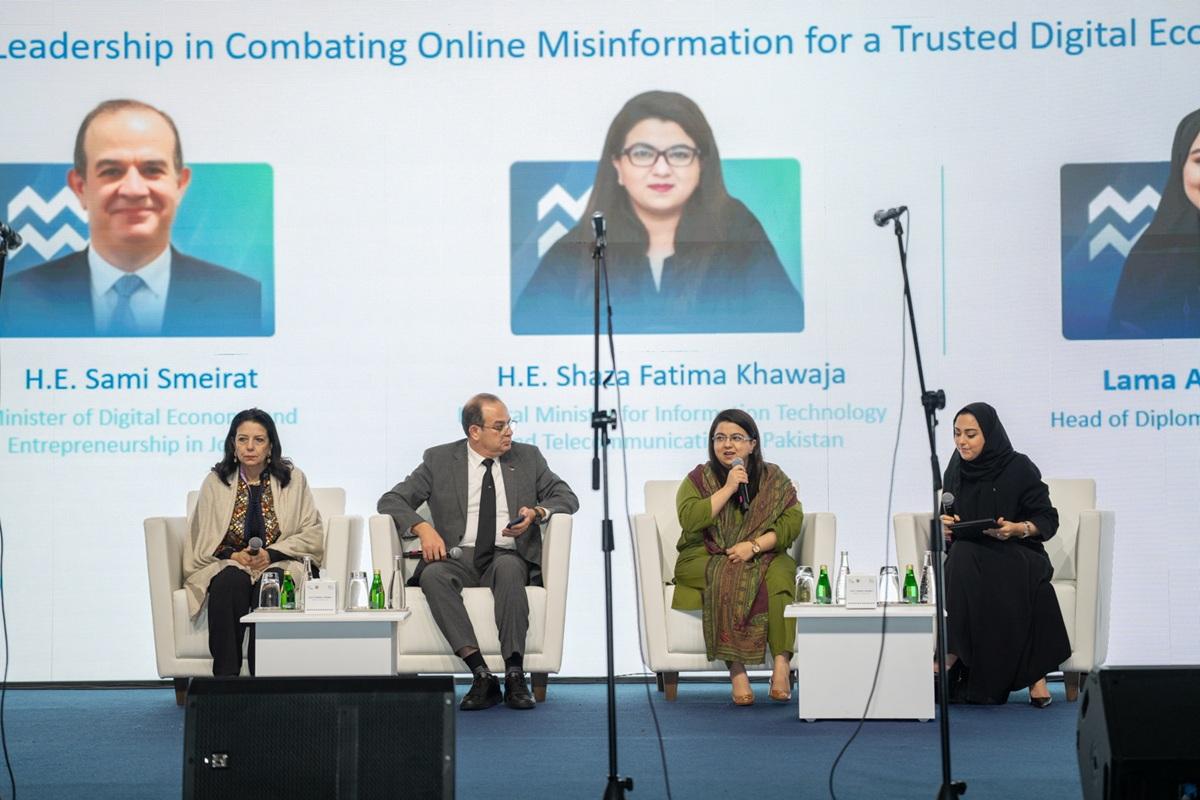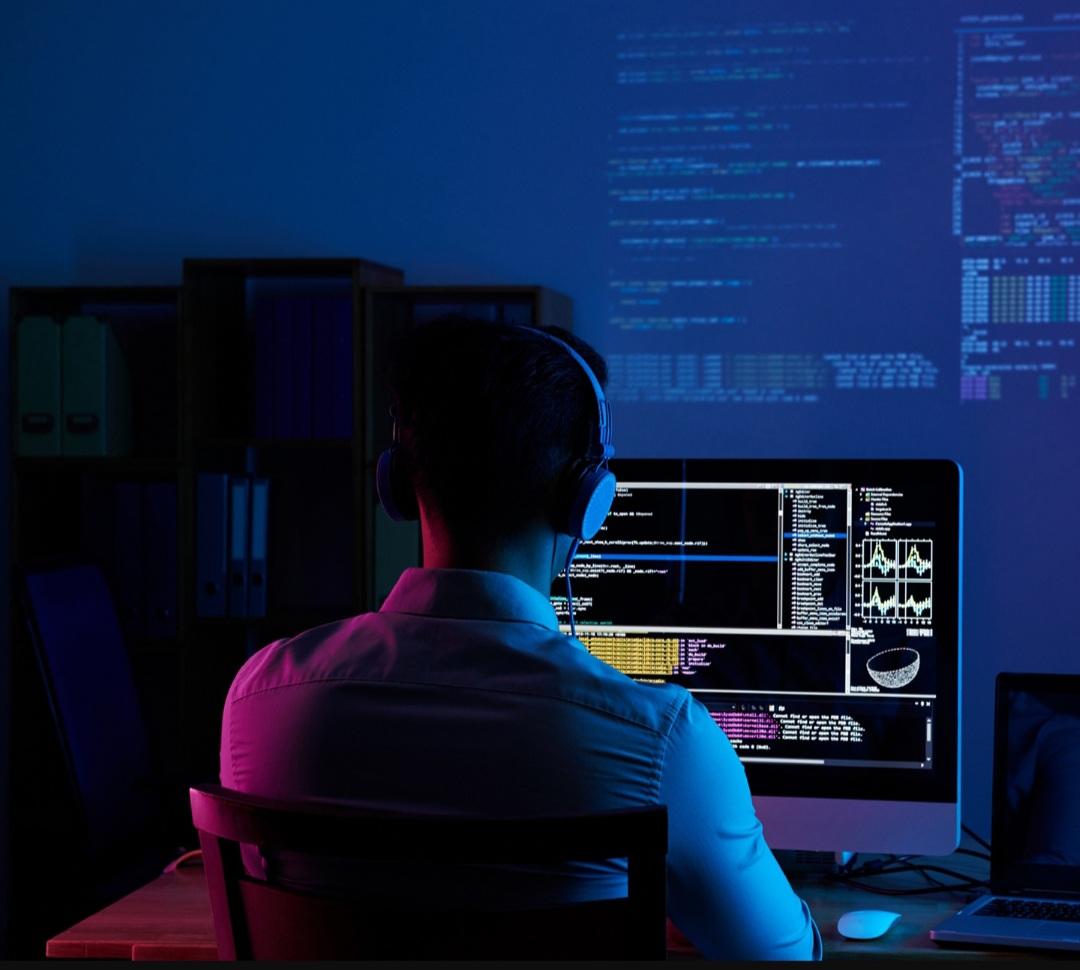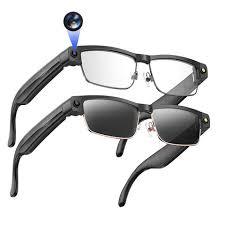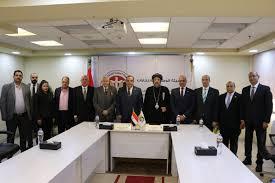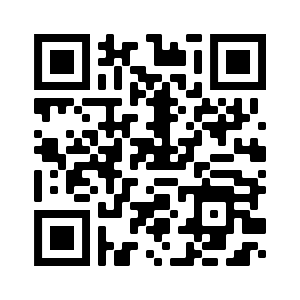By: Adel Farig - Shaimaa Hassan
Press writer Khaled Hassan, editor of the newspaper “ Alam Rakamy “ that there is always a simple dividing line between the expansion of government agencies in the use of information security solutions and data security of citizens and the privacy of citizens as with the use of security agencies around the world face recognition techniques, which are based on technologies Artificial Intelligence, the movements of individuals are monitored by these security services even if the accused is not questionable or indictable, which raises doubts strongly about the objectives of this technology and the shift towards the security state in a major response to human rights and respect for civil liberty and privacy Say safely, especially since the main argument is the fight against terrorism and crime in the street.
This came in a meeting with the Arab television channel "BBC" to comment on the issuance of a number of human rights organizations around the world to raise awareness about the dangers of technology, especially face recognition technology, and oppose the use of governments to repress or racially identify people or violate their privacy To what extent is this technology "evil" and what are the most important benefits?
He added that face recognition has become a reality, in the lives of many, with millions of people around the world ready to scan their faces via electronic devices using various programs via smartphones and others, but the problem is much deeper with the development of this technology, which is now characterized by precise details for Identification of persons and even seek some to adopt facial expressions as evidence of his personality, which did not prove to him any scientific evidence recognized and reliable.
As for the countries that use this technology, he pointed out that the reliance on this technology started for almost a decade, but the United States, Russia, Japan, China and the European Union countries are among the most dependent on it for various reasons, some of which are to suppress freedoms, monitor political activists, or pursue criminal criminals in addition to monitoring terrorists. Some countries in the Middle East have started to install surveillance cameras on their streets, some with facial recognition technologies, so there is a general trend in the world to use this technology to serve the "security" objective.
With regard to the readiness of this technique to play its role, Hassan stressed that this technology is based mainly on a set of software equations and algorithms, which rely on artificial intelligence, to build programs with a huge database of images, which can be through taking pictures of people compared to the database, very quickly But in fact many of the global researchers in global IT companies such as Microsoft and Google, and even the US National Institute of Standards and Technology (NIST) have confirmed that we have not yet reached Unit and Metrology Organization for this technique.
He added that expanding the use of this technology "randomly" can lead to negative results and limit its benefits, especially when talking about the freedom of individuals and protect their privacy and suffice to note that the use of the company "Amazon" facial recognition has led to 28 members of the US Congress on the list This means that we need more time to develop this technology before expanding its use so that there are no innocent victims of its dependence. The important question remains how we can be safe and secure without being a "security" state. Society "without imposing all watched Data of its members.
As for how to balance the advantages of this technology and preserve the privacy of individuals, the editor of “ Alam Rakamy “ " said that it is preferable to limit the use of this technology in places where we need to identify people, namely airports, ports and ports of entry and exit to any country so that the security services can monitor the wanted security and so on. However, the expansion of its use in schools, hospitals, universities, parks, public places, roads and restaurants, as demanded by some, which greatly limits the civil liberty of individuals and is an illegal violation of Accused, prompting the Board of Supervisors in the municipality of San Francisco, the US city to vote, by a majority vote, to prevent government institutions from the use of identifying controversial faces where the Council has taken this decision to resolve the debate about the argumentative technology and personal freedom, for the benefit of the citizen technology
He called for the need to put in place regulatory laws that determine when, how and why "face recognition" techniques are used, bearing in mind that the last five years, the accuracy of this technique has not risen dramatically, but we must not forget that this accuracy is conditional on how ideal the surrounding environment In the sense of image clarity or lighting, the direction that the person looks at, and other factors that can insist on the accuracy of the results extracted from the technique of "facial recognition".
